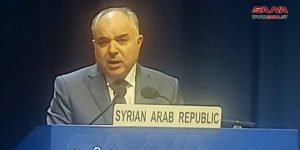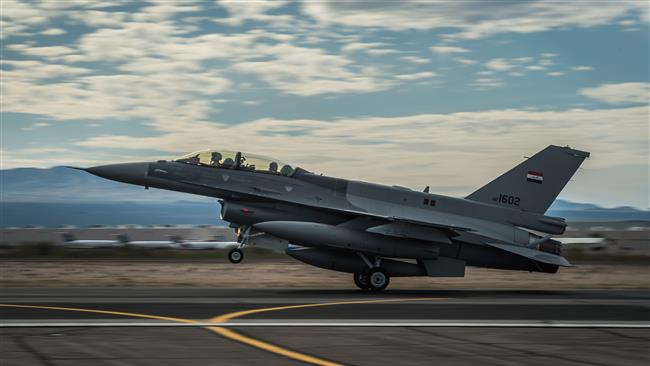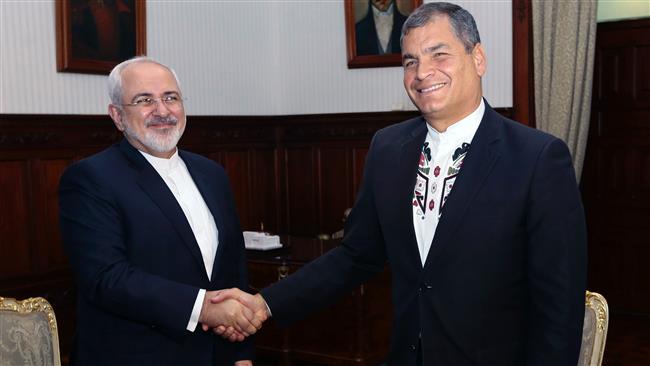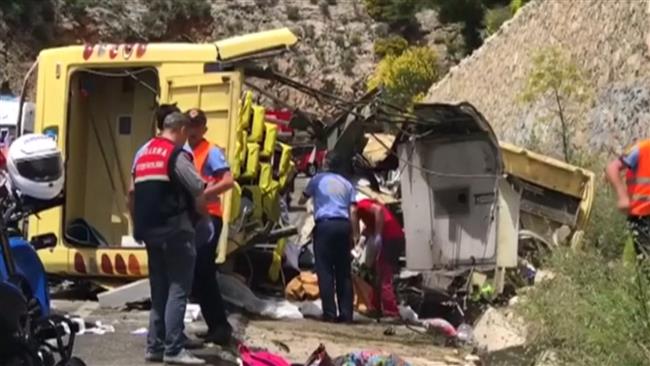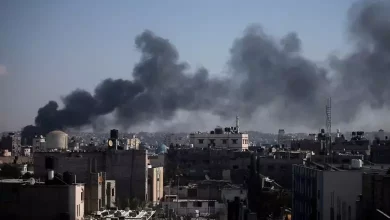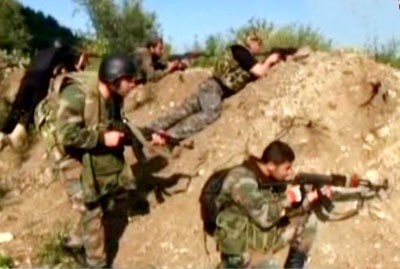Khadour: The Israeli entity’s non-compliance to the Non-Proliferation Treaty poses serious danger
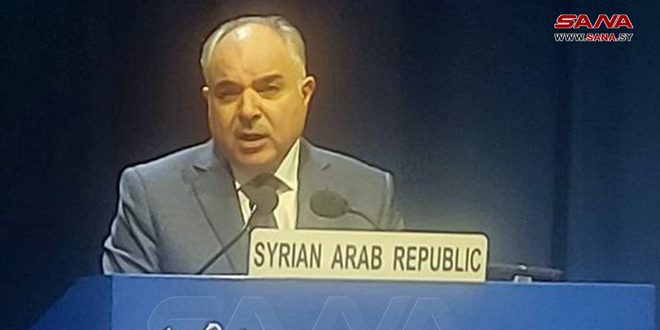
Vienna, SANA – Syria warned against the aggressive practices of the Israeli occupation entity in the region and its survival with its nuclear capabilities out of the surveillance and control of the Nuclear Non-Proliferation Treaty and the Comprehensive Safeguards Agreement.
“ The resolution issued by the General Conference in its 53rd session entitled “Israeli Nuclear Capabilities” clearly expressed the international community’s concern about the threat posed by the proliferation of nuclear weapons to security and stability in the Middle East region, and also sent a clear message about the grave concern about Israel’s nuclear capabilities and demanded Israel to join the Nuclear non-proliferation Treaty and placement of all its nuclear facilities under comprehensive IAEA safeguards”, Dr. Hassan Khaddour, the permanent representative of Syria to the United Nations Office and other international organizations in Vienna, said in a statement Syria delivered today before the 66th session of the General Conference of the International Atomic Energy Agency.
Khaddour stressed that “Israel’s aggressive behavior in the region and its survival with its nuclear capabilities outside the framework of the Treaty and the Comprehensive Safeguards Agreement represents a grave danger to the non-proliferation system and a threat to regional and international peace and security,” stressing that Israel’s refusal to join the Non-Proliferation Treaty, or to any from other international agreements related to the disarmament of weapons of mass destruction, and its possession of large nuclear capabilities does not entitle it to talk about cases of non-compliance with the treaty.
Khaddour called for “intense international action to take practical deterrent measures that would lead to Israel’s accession to the Non-Proliferation Treaty, and to enable the establishment of a zone free of nuclear weapons and all weapons of mass destruction in the Middle East in light of the commitment of all countries in the region to achieve this goal”, criticizing “the firm support of the Israeli entity by the United States who practices a policy of double standards in this regard.
Khaddour pointed out that “the convening of the Agency’s General Conference as the highest decision-making body provides all member states with an important platform to discuss aspects of the Agency’s work and ways to overcome the challenges it faces in order to ensure that it continues to carry out its functions with independence, professionalism and impartiality and to prevent its diversion or use as a tool to serve the narrow political agendas of some countries”.
The permanent representative of Syria to the United Nations Office and International Organizations in Vienna warned that “the item discussed by the Agency’s Board of Governors regarding the implementation of the Safeguards Agreement in Syria represents one of the negative aspects of some countries’ exploitation of this Agency to serve their political agendas. He also criticized Israel’s aggression against the sovereignty of Syrian territory in 2007, which requires condemnation which was used as a platform to attack Syria, which has fallen victim to the aggression, with the aim of distorting its image and applying political pressures and besieging it”, pointing out that “the Israeli acknowledgment of responsibility for this aggression after a decade of denial and lying imposes the Agency the responsibility to immediately sending its inspection mission to the Israeli entity”, warning that “the continuity of discussing this issue will remain futile unless the Israeli entity cooperates with the Agency”.
Dr. Khaddour recalled that “Syria fully cooperated with the Agency in full transparency and exercised the utmost degree of flexibility and spared no effort to settle the outstanding issues, including agreeing on an action plan to solve them”.
He also stated that “the Agency’s annual reports on the implementation of safeguards, the latest of which was in 2022, attested Syria’s full fulfillment of its obligations under the Comprehensive Safeguards Agreement and the Non-Proliferation Treaty and that all requests for periodic inspections were met on time, the last of which was on the 10th and 11th of last May, despite complexities imposed by the outbreak of the Covid-19 pandemic”.
Khaddour noted that “Syria welcome Iran’s fulfillment of its commitments under the Joint Comprehensive Plan of Action of the nuclear agreement”, stressing that “the US unilateral withdrawal from the said plan without any legitimate justification constitutes a flagrant violation of Security Council resolution 2231 and calls for condemnation.
He also recalled that “the Joint Comprehensive Plan of Action includes rights and duties, and the success of its implementation depends not only on Iran, but must be matched by the fulfillment of their obligations by the other parties under the said plan, in particular the lifting of the unjust sanctions imposed on the Iranian people”.
Khaddour also affirmed “the Syrian delegation’s support for the follow-up of the bilateral dialogue between the IAEA and Iran as the only way to complete and close the outstanding issues”.
Khaddour hailed “the vital efforts excreted by the International Atomic Energy Agency within the framework of the global campaign to confront the coronavirus pandemic”, expressing “Syria’s deep gratitude for the Agency’s rapid response to requesting support from it and providing the necessary assistance, taking into consideration the negative effects Syria suffers from the unilateral coercive economic measures imposed on it by some member states”.
Khaddour reiterated Syria’s call for an immediate halt to these unjust and inhumane measures, which hampered its ability to respond efficiently to confront this pandemic. He pointed out that “Syria has acceded to most of the international conventions related to nuclear and radiological security and safety, and is currently considering the development of a law for the safe handling of nuclear and radiological materials and other related conventions”.
Khaddour expressed “Syria’s welcoming of benefiting from the services of the “PACT” cancer treatment program and its aspiration to benefit from the integrated work project for zoonotic diseases and the program for using nuclear technology to control plastic pollution”.
Khaddour also expressed “Syria’s aspiration to support the Agency in replacing the fuel for the reactor “Monser” and to help establish a center for the production of “short half-life” radioisotopes in Aleppo, and for more Agency support for the programs of the Cooperative Agreement for Arab States in West Asia in the field of training and research in nuclear science and technology, and its welcoming of hosting the Agency’s training activities on it’s the Syria soil.
He concluded by affirming Syria’s readiness to provide the necessary guarantees for the success of these activities.
